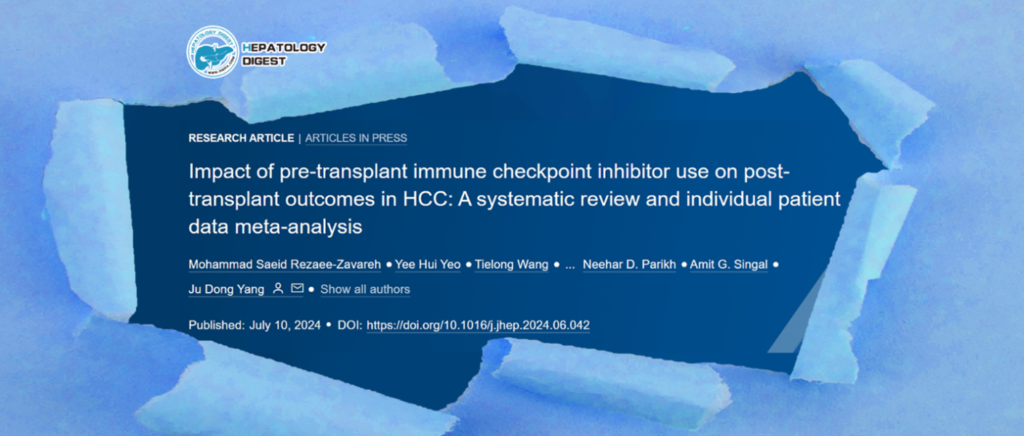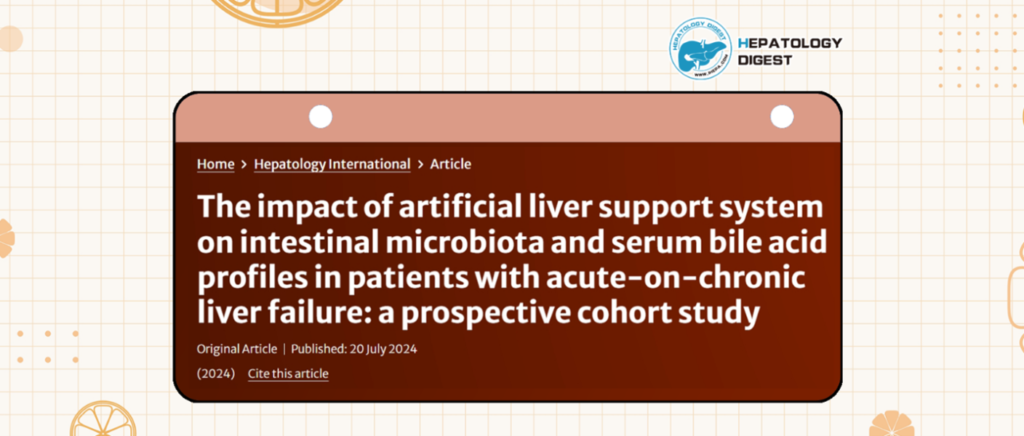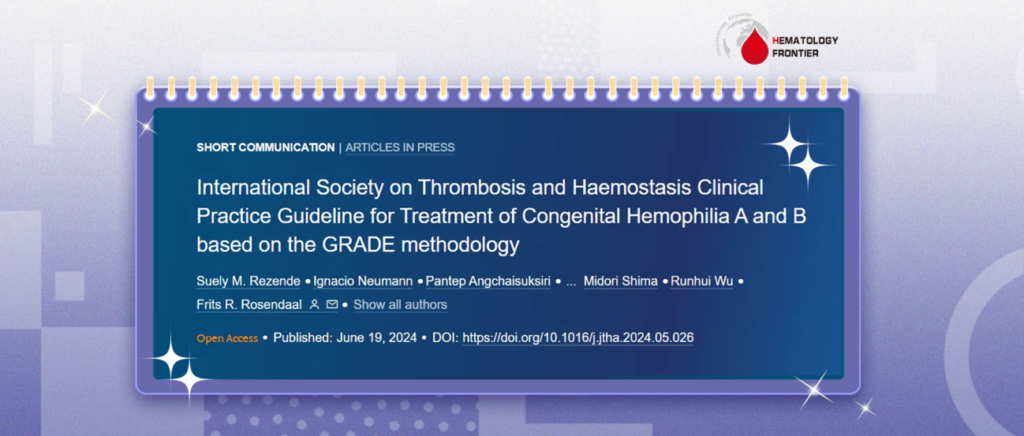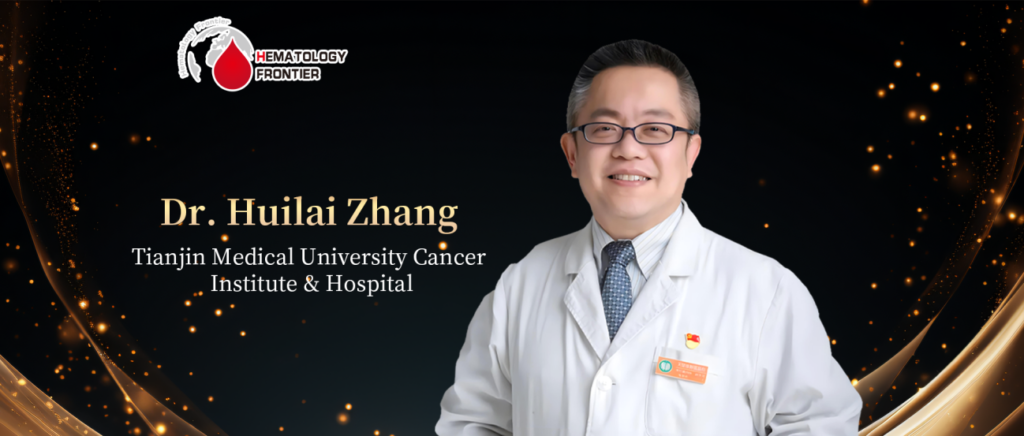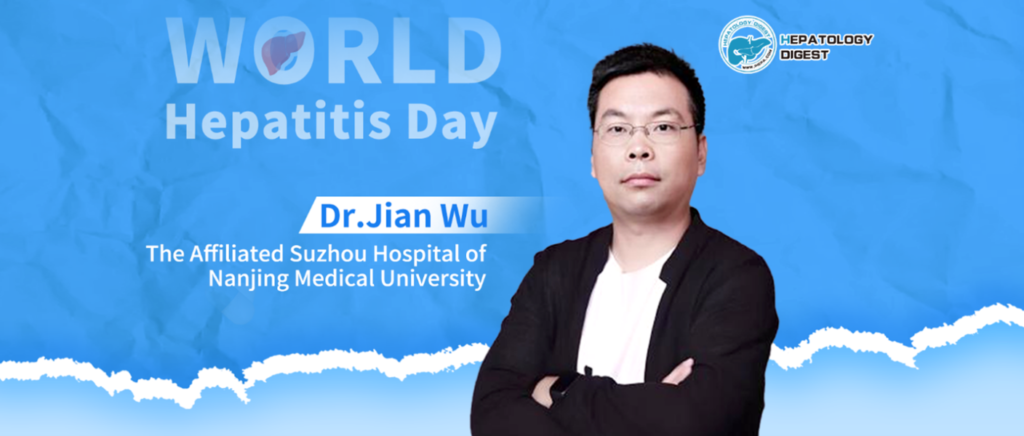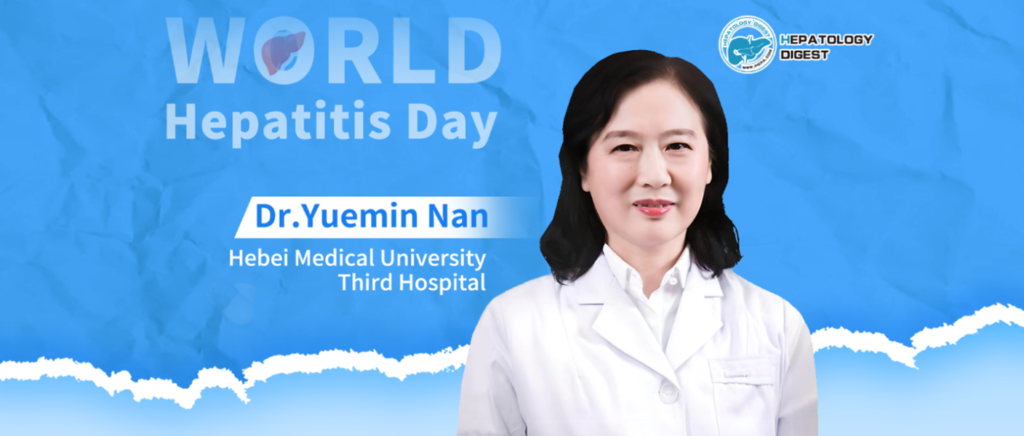JOH丨Impact of Pre-Transplant Immunotherapy on Post-Transplant Outcomes in Liver Cancer
The Journal of Hepatology (JOH) recently published an online systematic review and individual patient data meta-analysis conducted by Cedars-Sinai Medical Center in Los Angeles. The study investigates the impact of using immune checkpoint inhibitors (ICIs) for hepatocellular carcinoma (HCC) before liver transplantation on various key clinical outcomes post-transplantation. The findings reveal that while ICIs treatment may increase the risk of post-transplant rejection, the overall risk remains manageable, with patient age and ICI clearance time being closely related to rejection risk. This study provides valuable clinical data to support the use of ICIs before liver transplantation, offering new insights and directions for research and clinical practice in this area.

